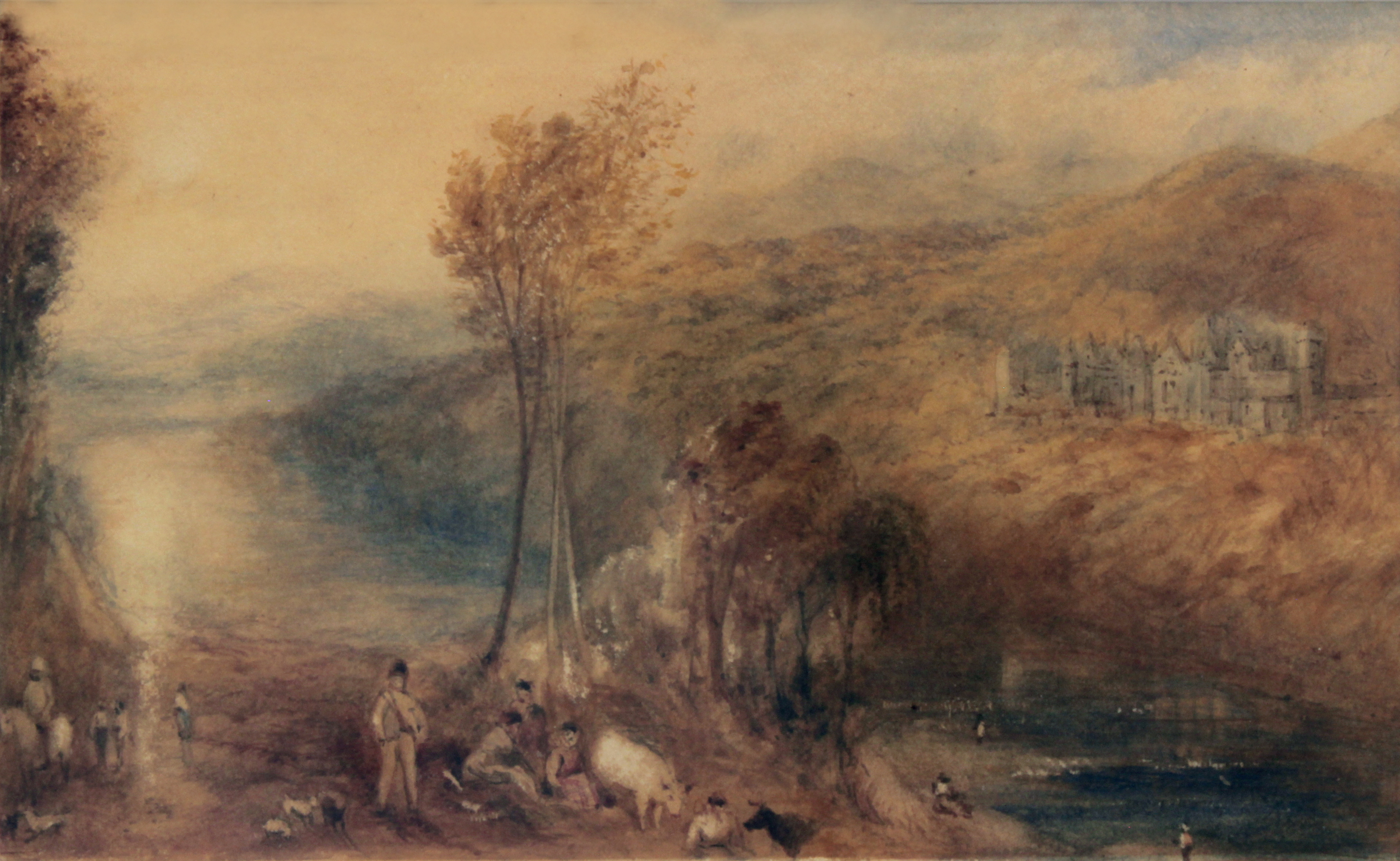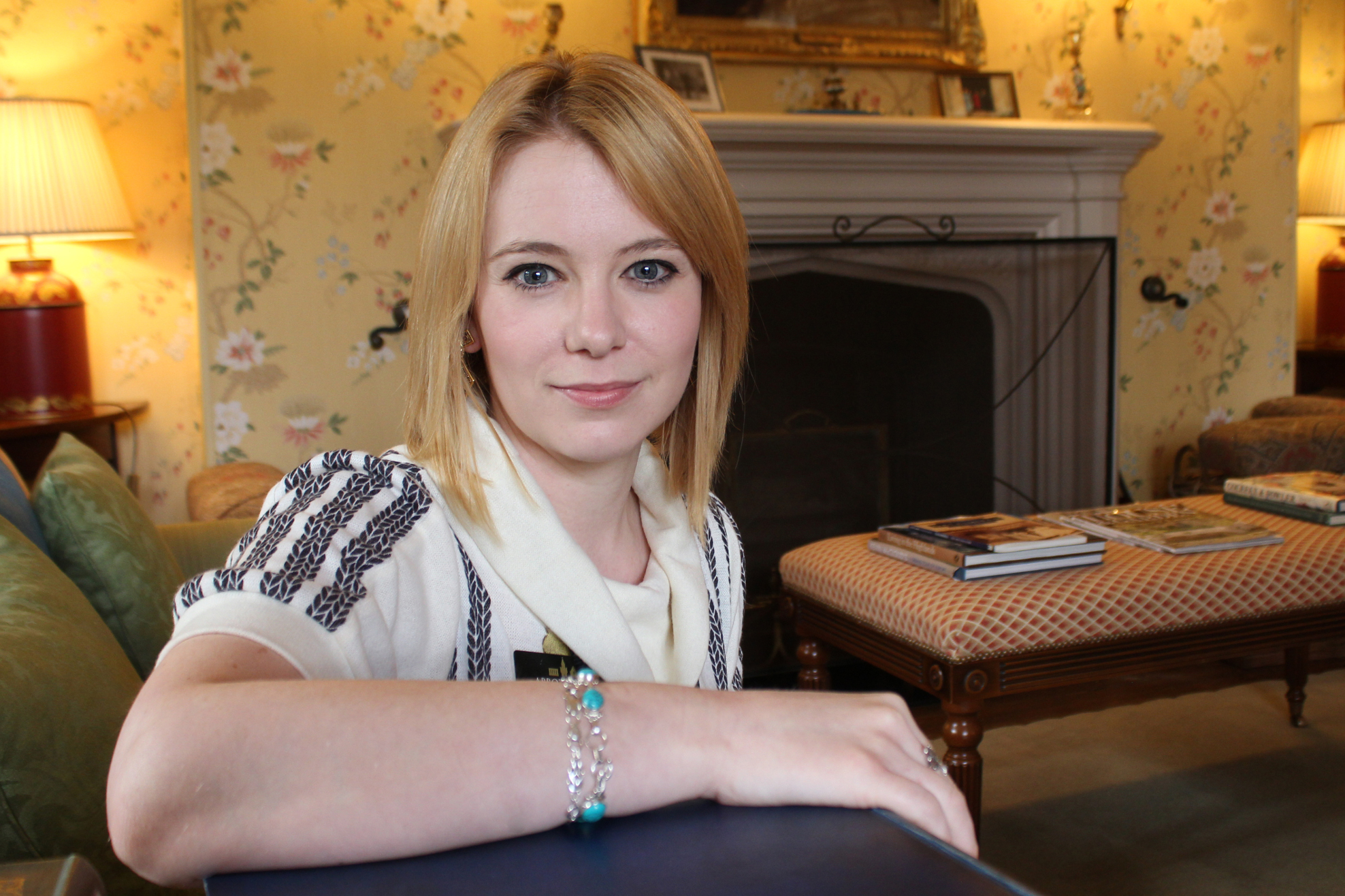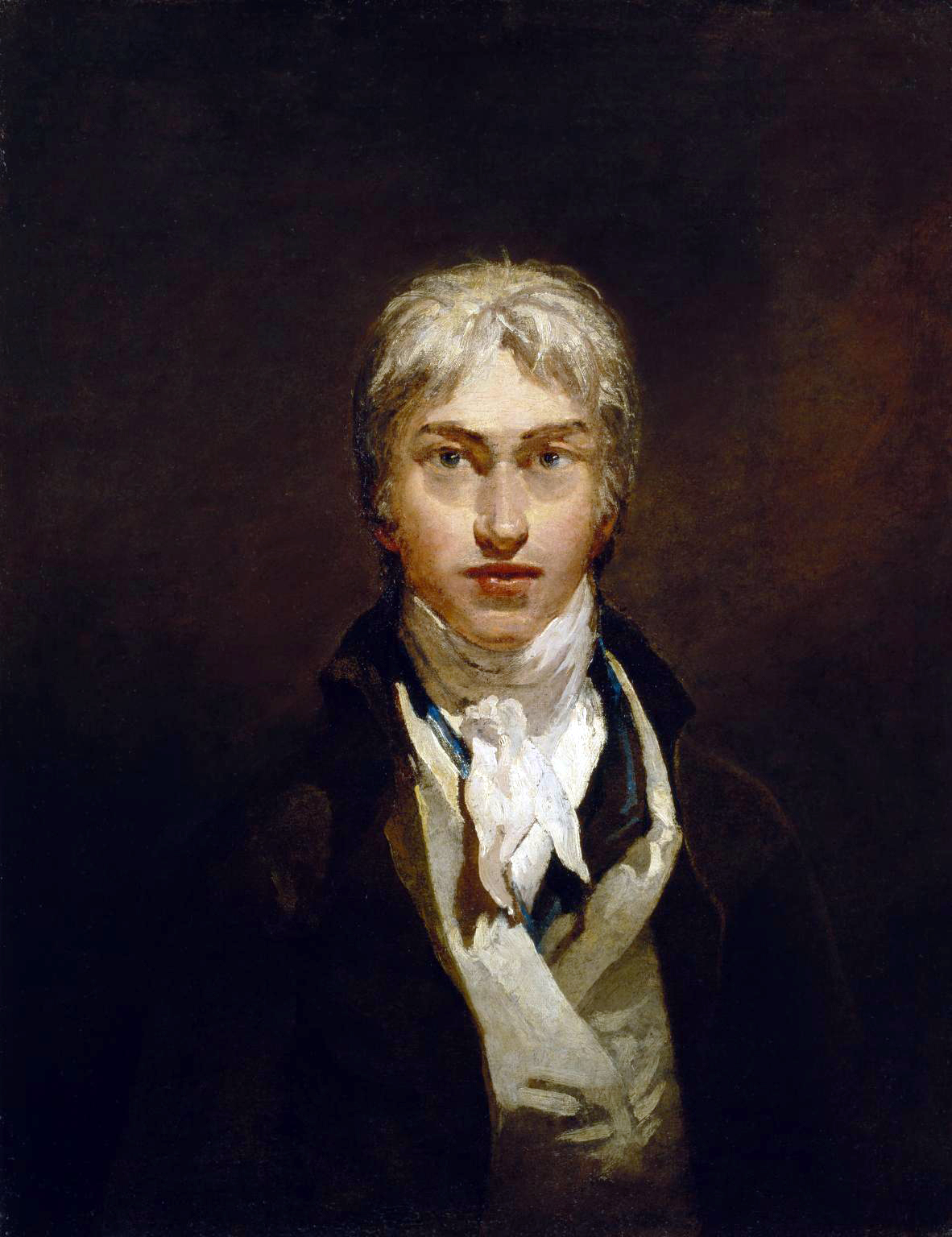A PAINTING bought at an auction house for less than £100 has been confirmed as a lost Turner likely to be worth around £230,000.
The postcard-sized watercolour of Sir Walter Scott and his family at his Scottish home came up for sale at a London auction house a few years ago.
The anonymous buyer paid a “two-figure” sum for the unsigned painting but suspected there was something special about the work and had it examined by a leading Scott expert.
She has confidently declared it to be an original by JMW Turner, one of the most celebrated British artists of all time.
The watercolour is now on exhibition at Abbotsford, Sir Walter Scott’s home in the Scottish Borders from 1812 to his death in 1832.
Turner, who lived and worked in London, was known to have visited Abbotsford in 1831 as a guest of Scott and the painting is believed to be one of his early watercolour works of this view of Abbotsford.
They believe it could have been painted between 1831-1833.
Kirsty Archer-Thompson, collection and interpretation manager, at Abbotsford is the Scott expert, who confirmed the painting as a Turner.

She said: “I’m willing to stick my neck on the line that it is a genuine Turner. We believe it to be one of his earlier watercolours.”
Ms Archer-Thompson revealed that cross-border cooperation had resulted in the lost Turner coming to light.
She said: “The private collector of the lost Turner watercolour is English. We met him through a Scottish connection, who is another art collector.”
“I first saw the painting in March at the collector’s private residence.
“He bought the painting a few years ago but has been researching it because he wanted to find out more as he thought there was something special about it.
“I knew it was a genuine Turner. I was completely moved when I held it in my hands. It is something to hold it in your hand rather than behind a glass, which is great about my job. This is probably the highlight of my career.
“The private collector paid peanuts for it – a two-figure sum – only for a national gem to be discovered.”

Extensive archival research was undertaken to build up a case for why this was a genuine Turner painting from his life and time at Abbotsford.
Her role was using her expert knowledge in the subject to help the owner unravel the story behind the painting of Scott’s home. Combining that with the scientific study of the painting has enabled Ms Archer-Thompson to make the case.
Ms Archer-Thompson is convinced it is a Turner because a pencil sketch, which can only be seen by infra-red imaging reveals the artist’s original sketch. This has been adapated and changed siginficantly in the paint.
The type of paper used for the watercolour also matches Turner’s use of materials but the main focus was on the date of the frame and the paint.
The scene of the Tuner painting is also found in the engraved commemorative book after Scott’s death.
Ms Archer-Thompson added: “Not very long ago another lost Turner watercolour appeared and was sold for £230,000.”
The tiny watercolour, which is poket sized, measures at 5.5 inches by 3.5 inches.
Libby Sheldon, a painting analyst expert, “supports the theory” the Turner is a genuine.
Ms Archer-Thompson, added: “All of this analysis, including work by painting expert Libby Sheldon, demonstrates that it was executed by an astonishingly skilled hand.”

When Turner stayed at Scott’s house in August 1831, the writer showed the renowned painter his art collection, amongst which is believed to be a view of Abbotsford and the River Tweed by Scottish artist Elizabeth Nasmyth.
Ms Archer-Thompson said: “This painting is from exactly the same vantage point we believe Turner painted.
“Scott had a personal attachment to the Nasmyth painting and its composition and my theory is that this gave Turner the idea to compose the same scene, which he based on sketches in the Abbotsford sketchbook used during his visit in 1831.”
Abbotsford House Trust chairman James Holloway, a former director of the Scottish National Portrait Gallery in Edinburgh, added: “It is wonderful for Abbotsford to be able to show such a fascinating painting.
“It will intrigue and delight our visitors. To think that we are publicly displaying the watercolour for the very first time since it waas painted by Turner is also tremendously exciting.”

